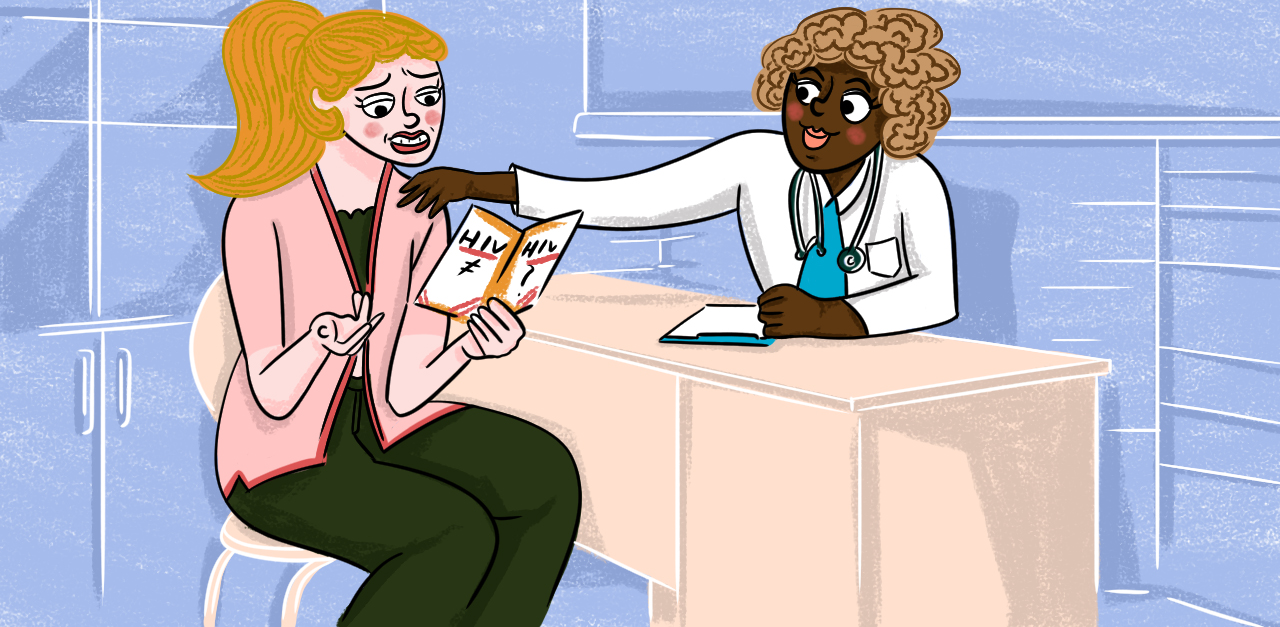
Sex between two consenting people can be a wonderful thing so long as you know the risks involved. And yes — there is always some risk involved when it comes to sex, especially if it's unprotected. One of these risks is the human immunodeficiency virus (HIV).
According to the US Department of Health and Human Services' HIV website, more than 1.1 million Americans are currently living with HIV. Of those people, almost 15 percent don't know they have the virus because they haven't received a diagnosis.
Even though virtually all of us are aware of HIV's existence, many of us still don't know what the virus actually involves. Think about it: Do you know what causes HIV? Do you know what its symptoms are? Can it be treated, and if so, how?
If you don't know the answers to these questions, that's OK. Read on to find out more about the human immunodeficiency virus.
What Is HIV?
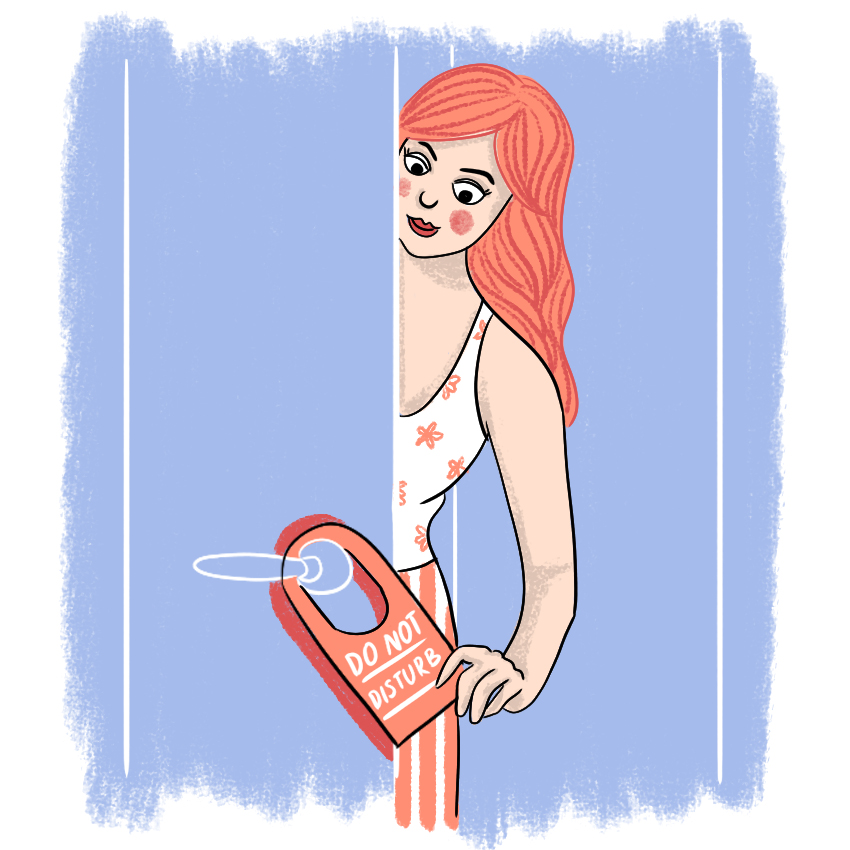
Human immunodeficiency virus, or HIV, is a virus that attacks the body's immune system. It is a sexually transmitted infection (STI), meaning it's spread through sexual contact, but it can also be passed from person to person via infected blood and through pregnancy, childbirth, and breastfeeding.
Eventually, HIV can destroy so many infection-fighting cells that the body struggles to handle disease and infections, according to HIV.gov.
Is HIV the Same as AIDS?
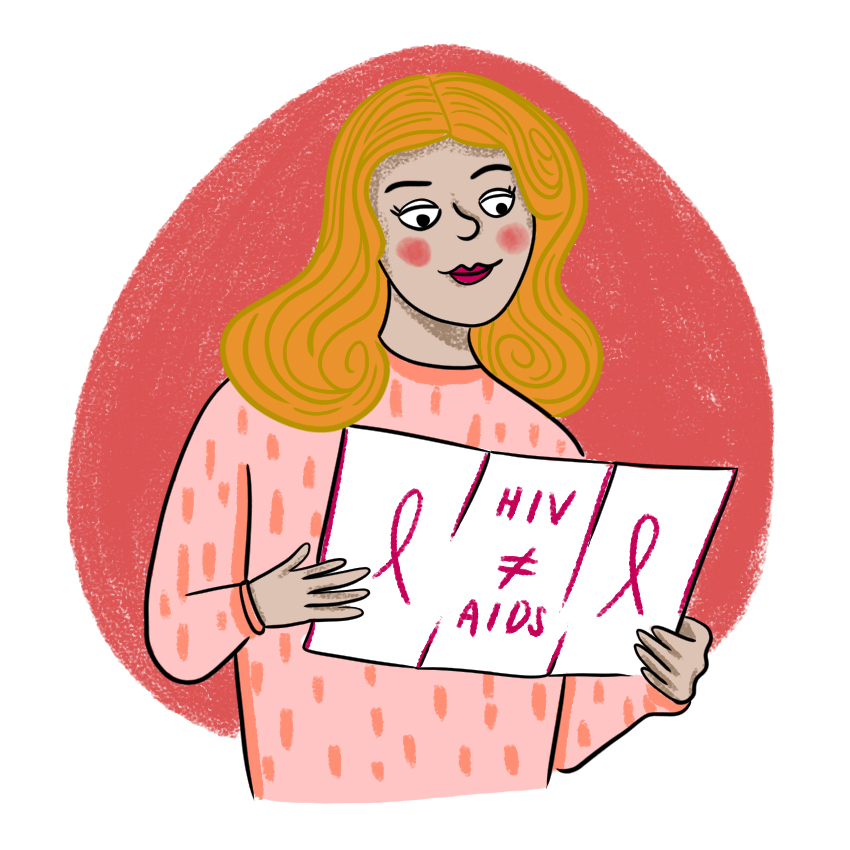
Although HIV and AIDS are related, they are not the same thing. AIDS, which stands for acquired immunodeficiency syndrome, is a life-threatening condition that is caused by HIV.
AIDS is the final stage of HIV, and it is the most severe. People who have AIDS get sick with severe illnesses and diseases known as opportunistic infections at a rate higher than the average person.
When Do HIV Symptoms First Appear?
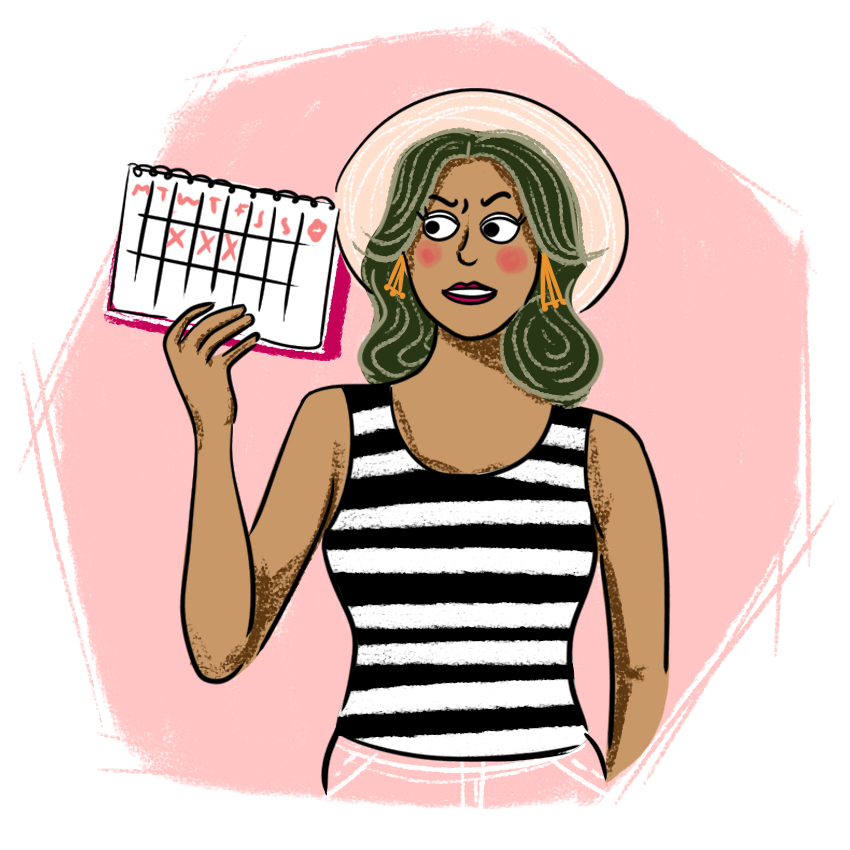
"Early HIV symptoms usually occur within a couple of weeks to a month or two after infection and are often like a bad case of the flu," says James M. Steckelberg, MD, of the Mayo Clinic.
This first phase of HIV is known as acute infection. For some people, the symptoms are so mild they're not even noticeable, but for others, this phase feels like the worst flu they've ever experienced.
Early HIV Symptoms 1. Fatigue/Exhaustion
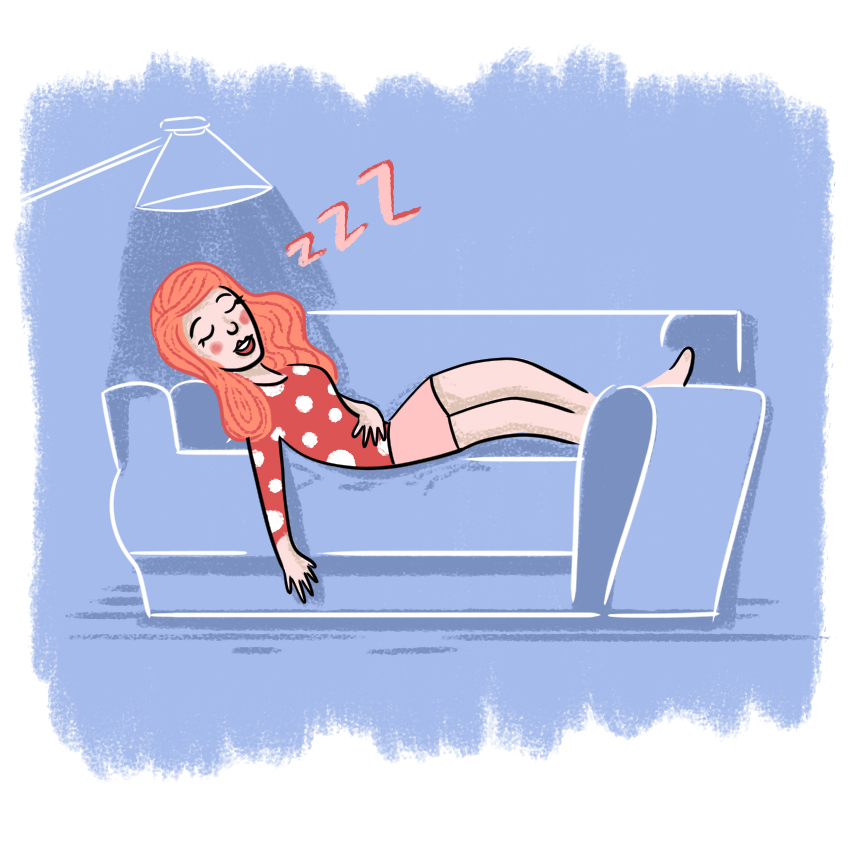
One of the most common early symptoms of HIV is fatigue. Because your body is trying to fight the virus, it's wearing itself out. This can make you feel sleepy, exhausted, and achy all over.
2. Yeast Infections
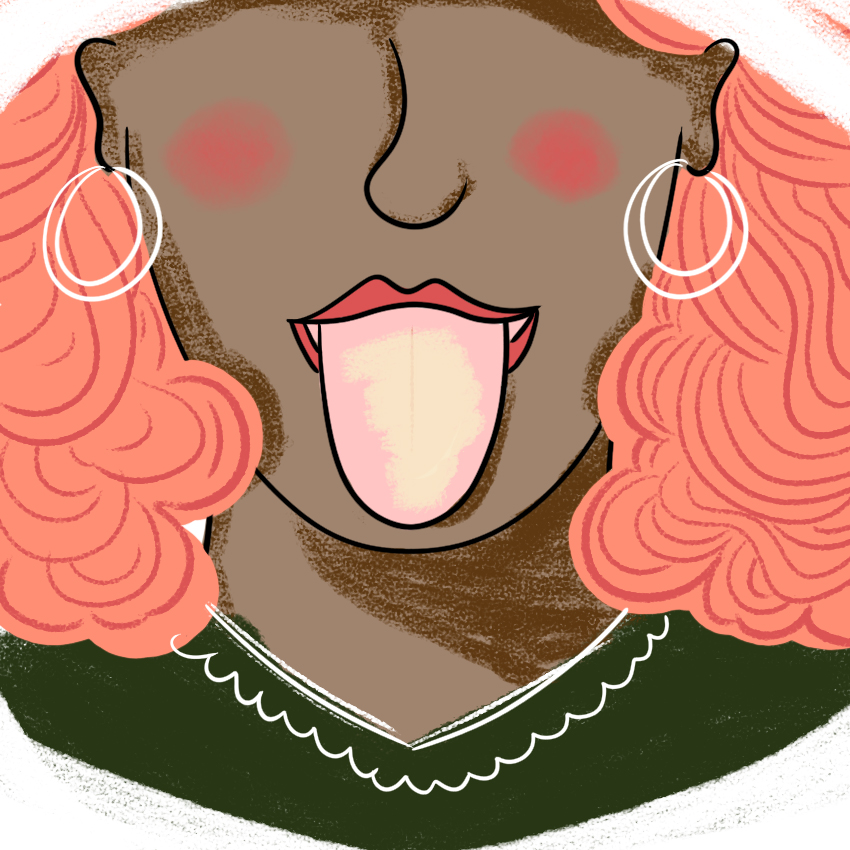
Yeast infections occur when there's a buildup of yeast on your body. This buildup typically crops up in the mouth and genital areas, but it can occur in a number of other places as well, including the feet and esophagus.
Since your body isn't as capable of fighting off infections after you've contracted HIV, you might experience ongoing yeast infections.
3. Swollen Lymph Nodes
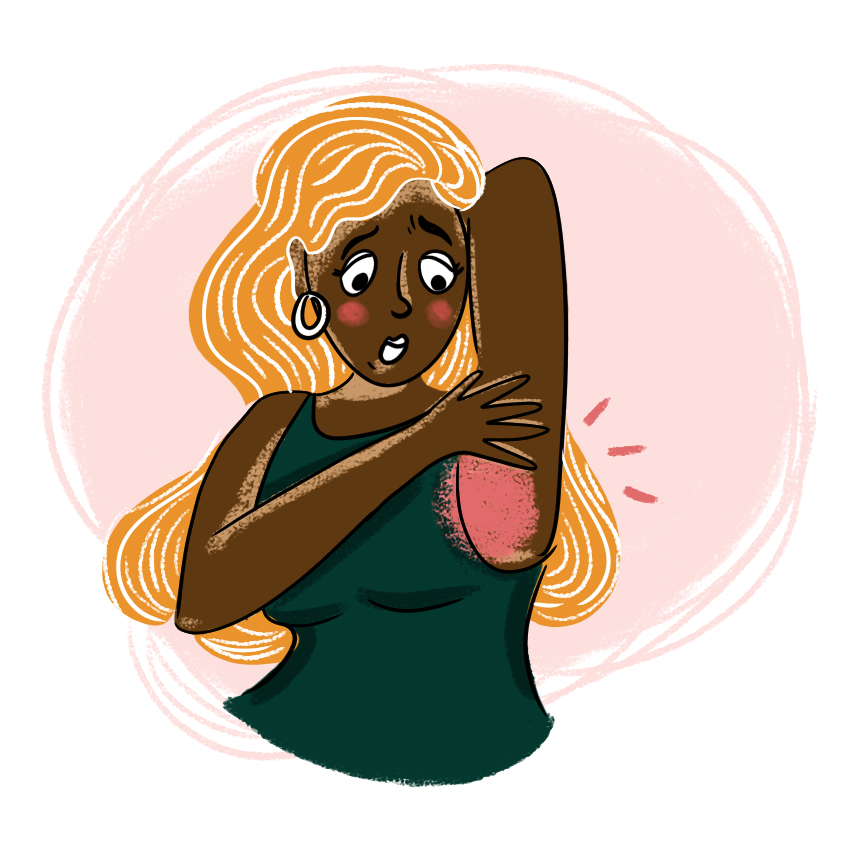
Another early symptom of HIV is swollen lymph nodes. Located in your neck, armpits, and groin, your lymph nodes are responsible for creating infection-fighting cells. They get swollen when they have to work harder, like when you have the flu.
Swollen lymph nodes are often one of the first indicators of HIV, according to the Mayo Clinic.
4. Fever
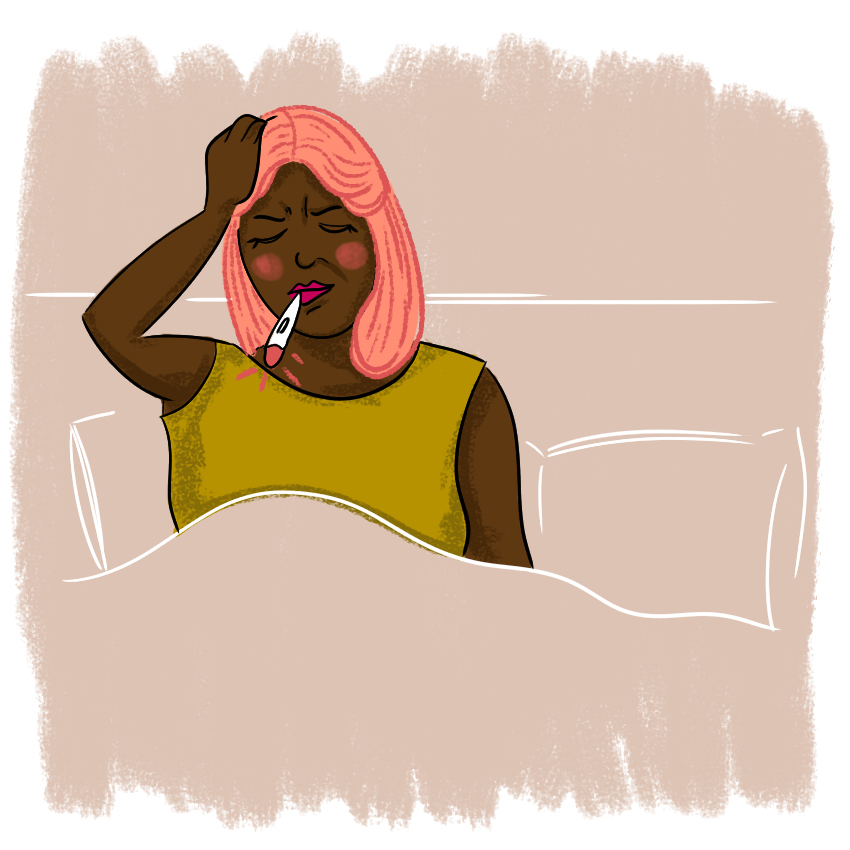
When your body is fighting a virus, your temperature naturally rises in an attempt to kill it off. Such temperature increases can actually be effective when it comes to illnesses like the flu, but that's not the case with HIV.
As your body tries to fight the initial infection of HIV, it's not uncommon to have a low-grade fever and chills.
5. Night Sweats
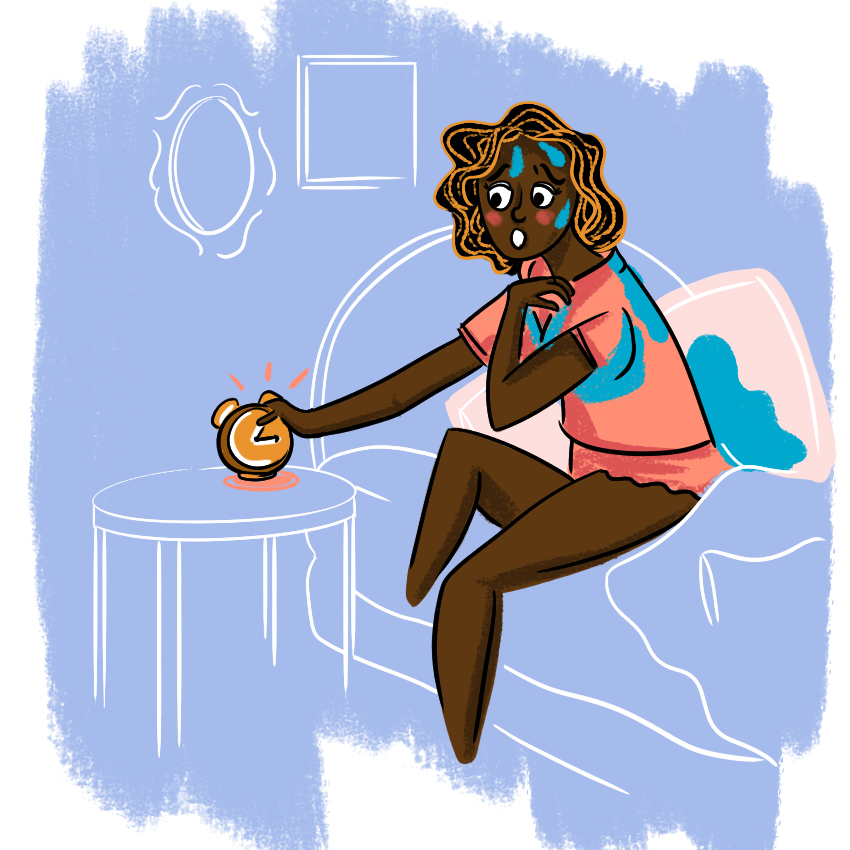
Another common symptom of HIV is sweating during the night, according to the Cleveland Clinic. Although many things can cause night sweats, including mononucleosis (mono) and menopause, you should talk to your doctor if you consistently wake up from a deep sleep drenched in sweat.
6. Canker Sores
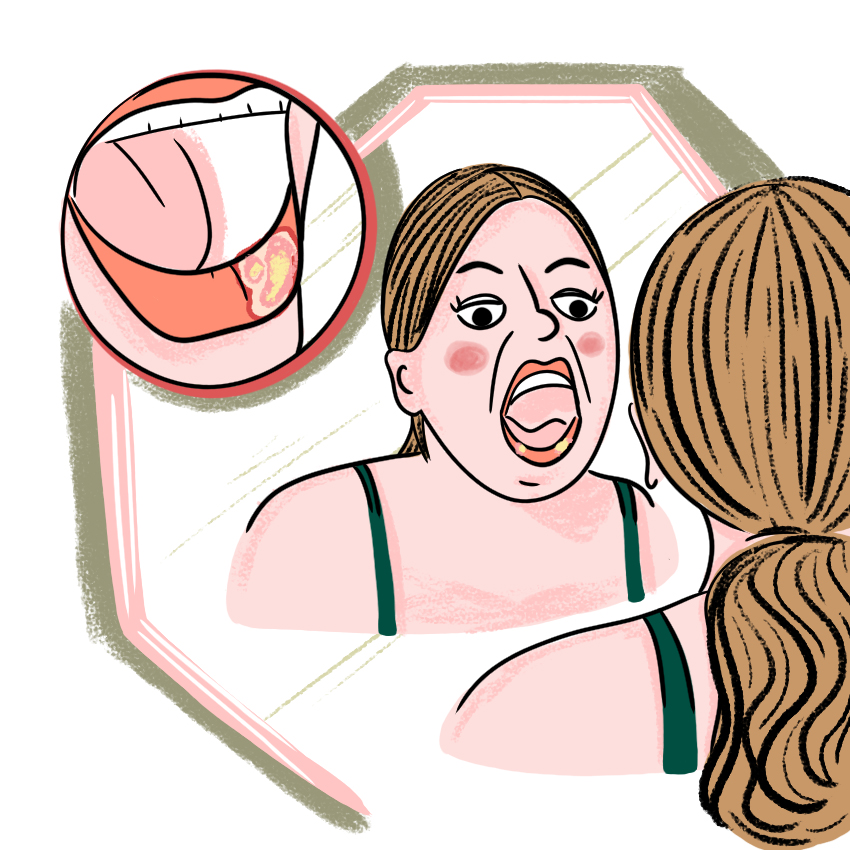
According to the Mayo Clinic, one symptom many HIV sufferers experience is "painful mouth sores," or canker sores. These ulcers feel like tender pits in the mouth. They often get swollen, which can make them easy to bite accidentally.
There are many causes of canker sores, such as stress and hormone changes, but be aware that they can be caused by the inflammation that occurs alongside an HIV infection.
7. Sore Throat

As with canker sores, another area that might feel raw and painful when you have HIV is your throat. Sometimes you might just have a run-of-the-mill sore throat, but if it happens in conjunction with any other HIV symptoms, take note.
8. Muscle Aches
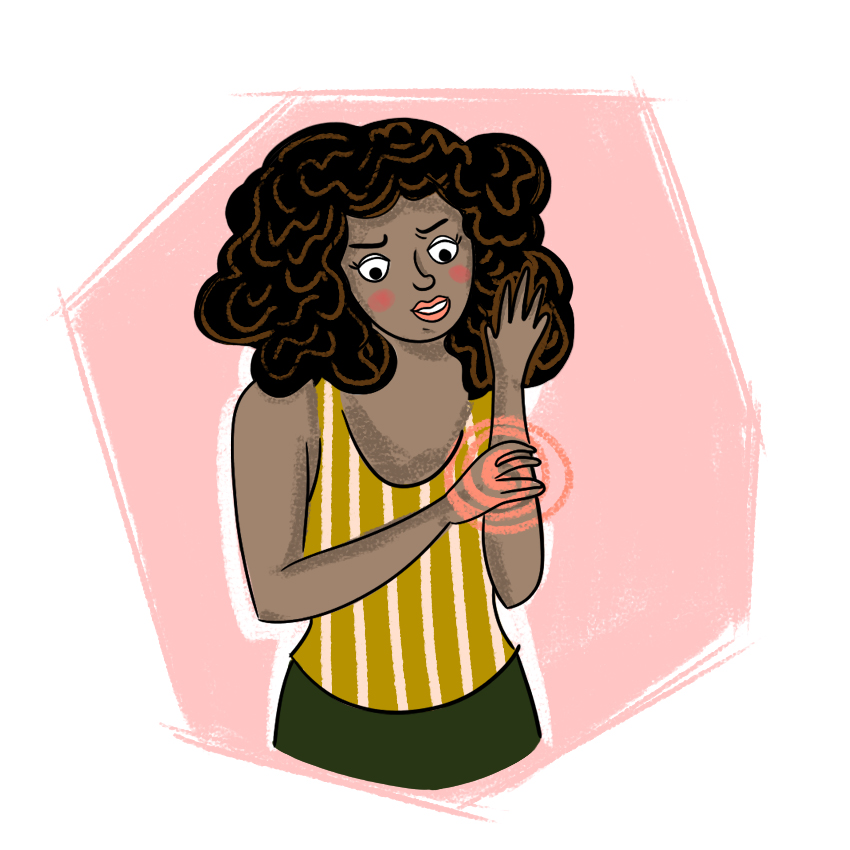
Full-body muscle aches are common with many viruses, and HIV is no exception. This can present itself as mere discomfort, or you might become so achy that it hurts to just move. Like other HIV symptoms, these aches occur because your body is fighting the virus, and it's an absolutely exhausting process.
9. Skin Rash
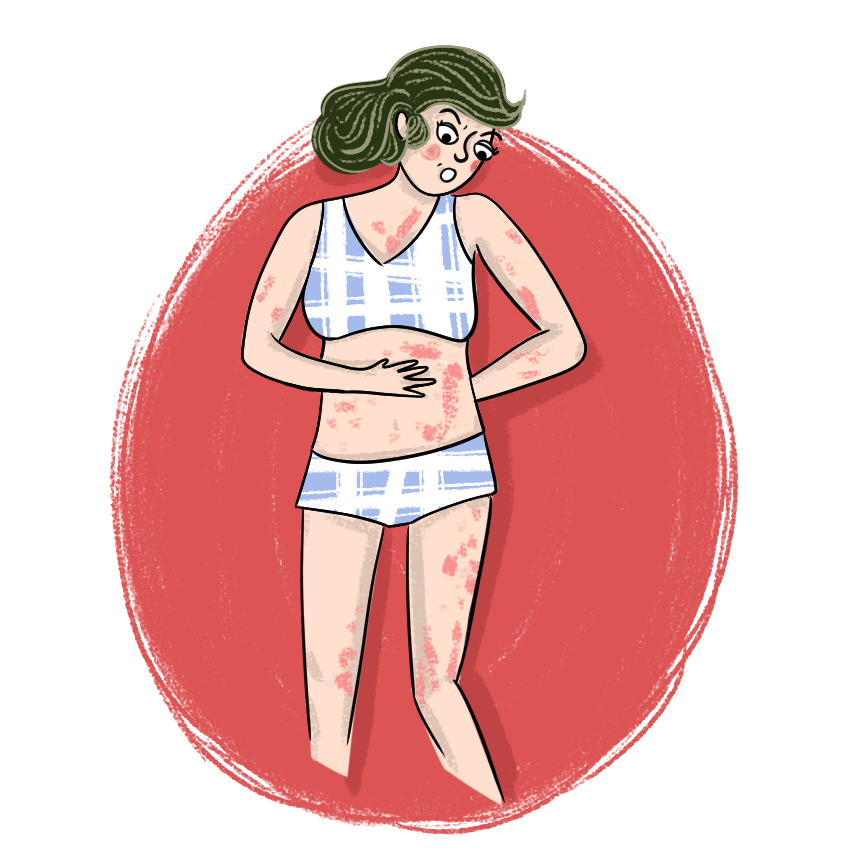
Although a skin rash isn't as common as other early HIV symptoms, some people report having a red rash in the initial stages of the virus. For some, the rash occurs in just one or two places on the body; for others, it covers every inch of their skin.
This rash is a reaction to the inflammation and fever caused by HIV. It typically isn't painful or itchy — just red.
HIV Testing
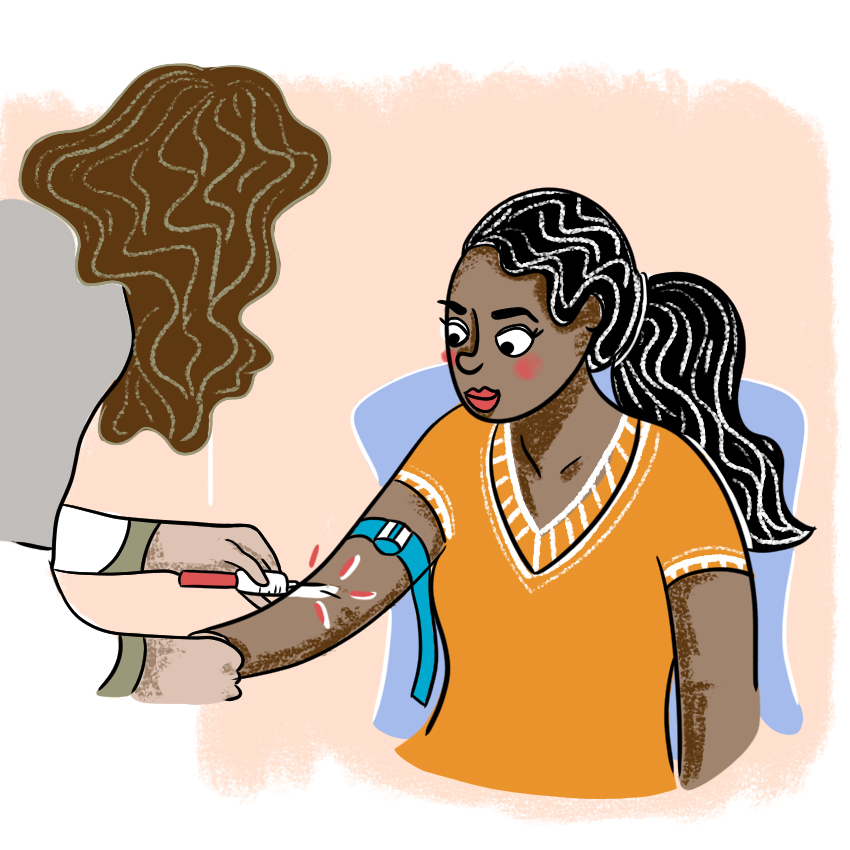
Every one of the symptoms listed above can be caused by illnesses other than HIV, so if you experience them, don't automatically assume you have the virus. If you think there's any chance you've been infected with HIV, though, you should get tested.
"HIV is most commonly diagnosed by testing your blood or saliva for antibodies to the virus. Unfortunately, it takes time for your body to develop these antibodies — usually up to 12 weeks," explains the Mayo Clinic. You can also opt to undergo a test that checks for a protein produced by the virus that's known as an antigen; this test is typically much faster.
There are a few HIV tests approved by the FDA for home use, but you can always get tested by your doctor, too.
HIV Treatment
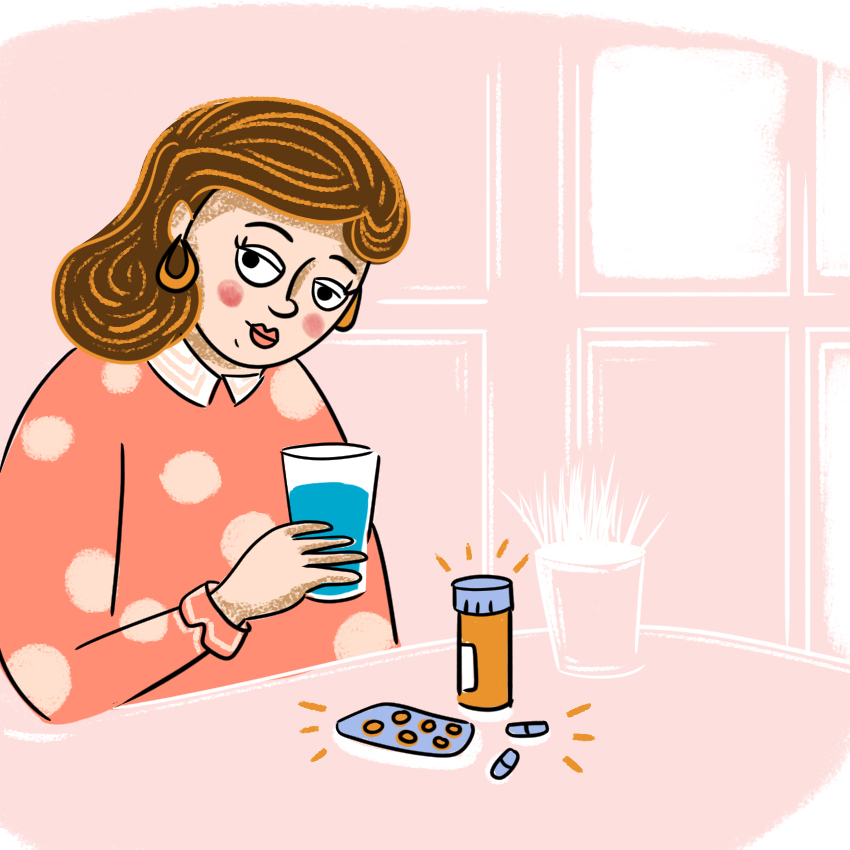
There's no cure for HIV, but effective treatment does exist in the form of antiretroviral therapy (ART). These medications, which prevent the growth of the HIV virus, are typically taken in the form of pills several times a day. ART is now so advanced that "someone diagnosed with HIV and treated before the disease is far advanced can live nearly as long as someone who does not have HIV," says HIV.gov.
If you think you might have HIV or have experienced many of the symptoms of HIV, set up an appointment with your doctor. Many primary care physicians and OB-GYNs will screen for HIV during your yearly physical, but you shouldn't wait for that if you think you have the virus.




